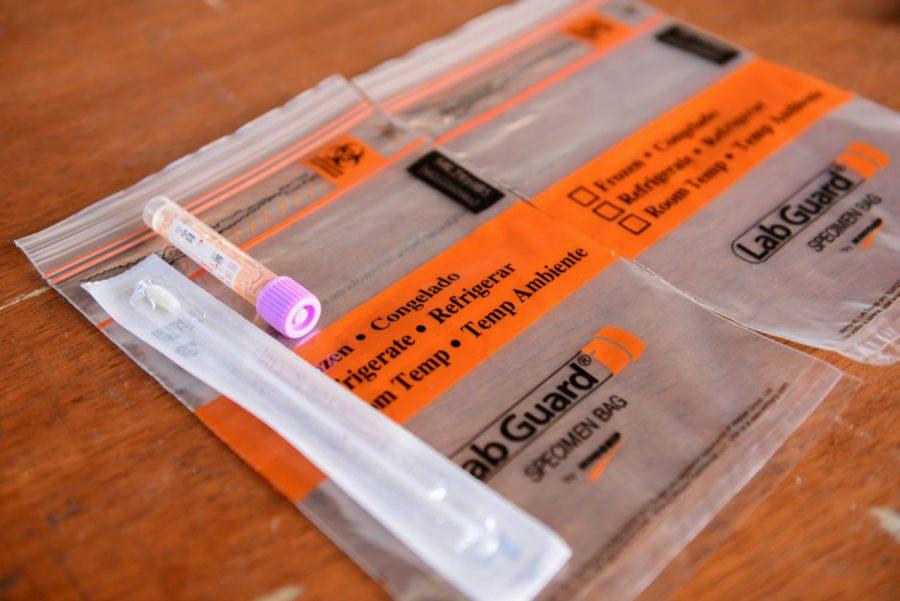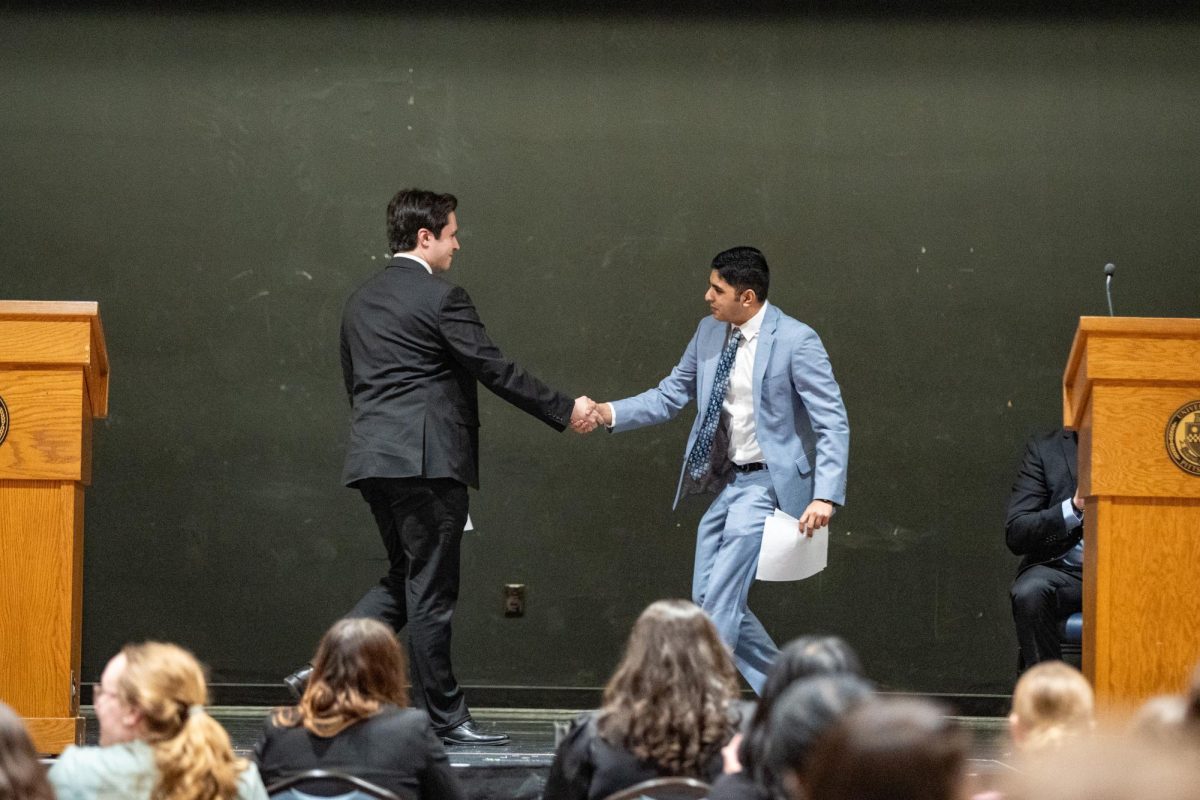Pitt adds 16 COVID-19 cases since Tuesday
February 5, 2021
Pitt added 16 new COVID-19 cases, composed of 15 students and one employee, between Tuesday and Thursday, with 19 students currently in isolation. The University’s previous case report, covering last Friday to Monday, included 11 cases.
This is the spring semester’s sixth case report and is released on the day on-campus students finished moving into their dorms. Pitt’s COVID-19 Medical Response Office released shelter-in-place guidance and testing requirements for students. Faculty and staff also have access to mail-in tests if they meet certain criteria.
Allegheny County Health Department and state health officials have continued to report high case numbers. According to hospital data compiled by The New York Times, about 82% of ICU beds in the Pittsburgh area are currently occupied, compared with 80% statewide and 78% nationally. UPMC Shadyside is at 84% capacity and has 32 available ICU beds.
The CMRO said in a Friday evening email that the campus case count and isolation capacity are “holding steady,” but because case numbers in the surrounding region are decreasing yet still relatively high, people should remain “vigilant.” The CMRO added that it is important to practice mitigation behaviors like wearing a mask and social distancing to prevent the Super Bowl this weekend from being a “super-spreader event.”
The CMRO said Quest received 9,724 self-swab kit requests, of which 6,544 have been processed. Out of the processed kits, there have been 88 positive cases — a 1.35% prevalence rate. According to the results, most of these have been asymptomatic infections.
The University has had 937 students and 176 employees test positive since June 26, with 918 students and 166 employees recovered thus far.
There are 19 students currently isolated at home or in Pitt’s isolation housing, which is reserved for those who have either a confirmed or suspected COVID-19 infection. Pitt has a total of about 300 isolation beds.
Pitt has implemented a systematic, random testing strategy, which involves testing several hundred students each week on Mondays and Wednesdays. Out of 120 students without COVID-19 symptoms randomly tested on Monday, none were positive, decreasing Pitt’s total spring prevalence rate from 0.39% to 0.34%. The Student Health Center also now has the capacity to test 300 symptomatic students per day.
The CMRO said participation in surveillance testing this semester has been “low,” and encouraged students to participate if they receive an email invitation.
“Remember that a single negative test reflects just one snapshot in time,” the CMRO said. “Your continued participation is crucial to our understanding of how the virus is affecting our campus communities.”
Pitt is still awaiting approval from the state to be an independent vaccine provider, which would allow the CMRO to provide its own guidelines about what students, faculty and staff are next in line to receive a vaccine based on guidance from ACHD and the Centers for Disease Control and Prevention. Chancellor Patrick Gallagher said in an interview last week with The Pitt News that if Pitt gets certified as an independent vaccine provider, then the University would like to open several vaccination sites for students and employees, but also potentially serve as an open regional vaccination center for the Pittsburgh area.
The University also implemented a variety of new policies due to the pandemic during the spring semester, though some community members questioned whether the safeguards are sufficient. Students will move into dorms in four cohorts, beginning in late January and continuing into early February. They need to have a negative COVID-19 test before moving back on campus.
Additionally, students are encouraged to shelter in place at least seven days before moving in. Once on campus, students are required to shelter in place again for at least 10 days or until the CMRO announces that it’s safe to move about campus. Students may attend classes during this time. Pitt has also planned testing of students to monitor the virus’ spread, required students, faculty and staff to complete COVID-19 training and imposed strict penalties for violations of health guidelines.
Kenyon Bonner, the vice provost and dean of students, said student organizations who host a party or event can face suspension, and students hosting large parties can be suspended. Students living on campus who attend large parties can have their housing suspended for the semester, and students living off campus can be switched to persona non grata status, preventing them from entering University buildings or property.



